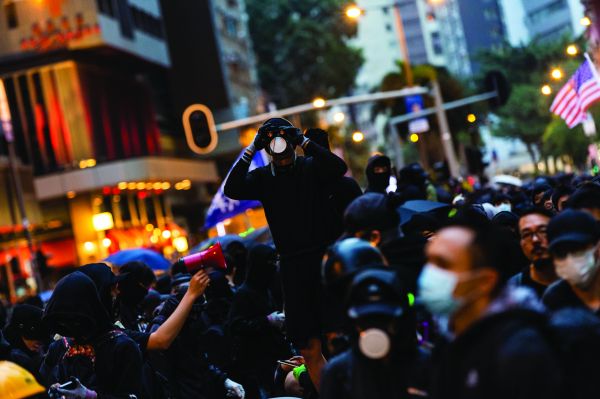
The administration of justice in Hong Kong has again hit the international headlines at the end of 2019 with the High Court suspending its earlier decision that the anti-mask law made by the Chief Executive in Council was unconstitutional and thus inoperative.
Anti-mask law
With the persistent street demonstrations, the Prohibition on Face Covering Regulation was made on 4 October 2019, pursuant to the Emergency Regulations Ordinance 1922. It created a criminal offence, punishable by a fine or imprisonment, for any person wearing a mask in public assemblies (other than for medical, religious or occupational purposes) or refusing to remove it on demand. These provisions were said to be necessary for effective law enforcement.
Upon judicial review, however, this regulation (absent the sanction of the Legislative Council) was held incompatible with the Basic Law. The measures were also deemed unnecessary







.tmb-mov69x69.jpg?sfvrsn=3d1684d4_1)

